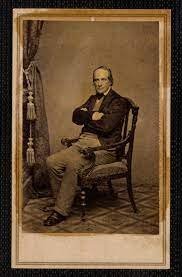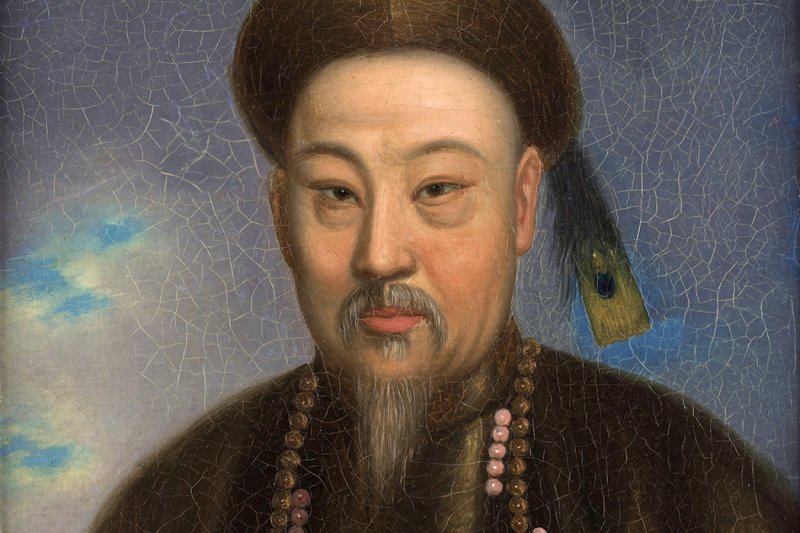
Ambassador Caleb Cushing signs the first official agreement between our young Nation and the Chinese government; the Treaty of Wanghia. titled
Treaty of Peace, Amity, and Commerce, Between the United States of America and the Chinese Empire
It was somewhat progressive compared to other treaties forced upon the Qing government by the Western Powers...but it was still unequal, allowing extraterritorialism. It's provisions for learning Chinese were intended to facilitate missionary work,which the Chinese commoners found so odious, these treaties especially the missionary activity; provoked the Taiping and later, Boxer rebellions...
- Extraterritorial jurisdiction, meaning that U.S. citizens in China would only be able to be tried by U.S. consular officers;
- The tariffs on specific goods to be imported and exported by the U.S. at the five treaty ports;
- The right to buy land at the five ports and erect churches and hospitals on that land;
- The right of U.S. citizens to learn Chinese (thereby abolishing a law that forbade foreigners to do so);
- A declaration that trade in opium was illegal, with the U.S. agreeing to hand over offenders to Chinese officials.
Cushing himself is a fascinating study in mid 19th Century American Politics, being a moderate Democrat, opposed to abolition, and yet nearly serving on the Supreme Court, being nominated by US Gran, a post he was denied due to accusations of "copperhead sympathies". He was at various times Ambassador to China, Japan, Spain...served as attorney general of the US, and was the House Congressman for Massachusetts, and famously supported the Dred Scott decision. so we were lucky he wasn't allowed in the SCOTUS. He also wrangled the land agreements with Columbia for the Panama isthmus and heavily lobbied for the Canal project.
Commisioner QiYing was the unfortunate official tasked to negotiate on behalf off the emperor; he had already signed the peace treaties with Britain ending the Opium War, and the Arrow Affair, and found himself increasingly oppressed by the need to subvert his feelings against the foriegners and sign humiliating treaties, He wrote private letters detailing his contempt for the British, French, and Germans, but these letters were exposed during negotiations to end the second Opium war, and led to his death by suicide on Imperial Order.

